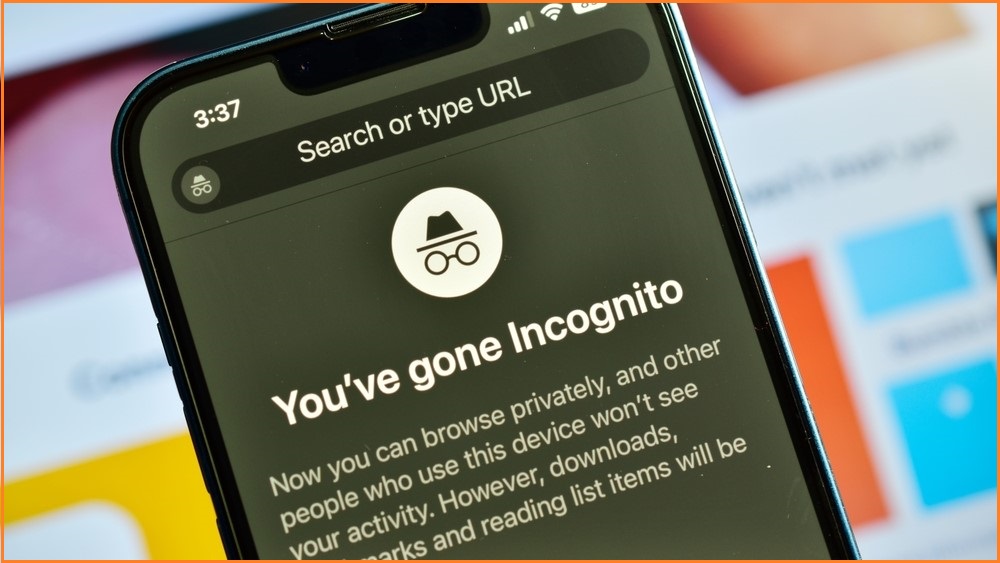Google has agreed to delete data collected on users while they were in private browsing mode and properly inform them of how “incognito” this service actually is as part of a class action lawsuit settlement.
Google-owner Alphabet settled the class action lawsuit, brought on by users of its Incognito private browsing mode in 2020 late last year, with the settlement filed this week in Oakland, California Federal Court.
The lawsuit centred on Google’s practice of continuing to collect user data for the purpose of selling to advertisers while individuals were using Chrome’s “Incognito” mode and the private browsing functions of other browsers, when users believed they were operating in secret.
The class action was filed by three Google users in June 2020, who alleged that the company operated a “pervasive data tracking business” and that it continued to monitor browsing activity and collect data even while in the Incognito browsing mode and other private browsers.
“Even when users are browsing the internet in ‘private browsing mode’ Google continues to track them,” the suit said.
“Google’s tracking occurred and continues to occur no matter how sensitive or personal users’ online activities are.”
This means Google could take “potentially embarrassing searches” users have made and sell this data to advertisers and use it to measure traffic, the lawsuit argued.
“Google has made itself an unaccountable trove of information so detailed and expansive that George Orwell could never have dreamed it,” lawyers for the plaintiff’s said.
As part of the settlement, Google will delete the data on searches made by users in Incognito mode and other private browsing services.
A spokesperson for Google said the company is “happy to delete old technical data that was never associated with an individual and was never used for any form of personalisation”.
Google will also update the wording it uses around the Incognito service.
Originally, the company told users that they had “gone Incognito” and that “now you can browse privately” when switching on this service, and did not tell users that their information would still be hoovered up.
It has since updated this wording to clarify that websites, employers, schools and internet service providers can still view browsing activity while a user is in Incognito mode.
Under the settlement, it will now be updated to clarify that Google itself also tracks browsing activity in private mode.
The agreement will also see Google by default block third-party companies from tracking the cookies of users in private mode, and allow users to block this data collection practice for five years in one go.
Private means private
While the class action suit had sought $US5 billion in damages, no monetary compensation will be delivered to the users as part of the settlement, but individuals will be able to sue Google in California to recover money over the secret data collecting practice.
“The result is that Google will collect less data from users’ private browsing sessions, and that Google will make less money from the data,” lawyers for the class action said.
Lawyers for the plaintiffs presented internal communications from Google showing that an engineer had raised concerns with colleagues in 2018 over the wording around Incognito mode.
“We need to stop calling it incognito and stop using a spy guy icon,” the engineer wrote.
The engineer instead recommended the motto of Incognito mode be: “You are NOT protected from Google.”
Documents also revealed that Google marketing chief Lorraine Twohill wrote to the company’s CEO Sundar Pichai about the issue.
“We are limited in how strongly we can market incognito because it’s not truly private, thus requiring really fuzzy, hedging language that is almost more damaging,” Twohill wrote.
Google had attempted to have the class action lawsuit thrown out in early 2021, arguing that Incognito mode simply means that browsing history will not be saved on the device being used, not that no data will be collected by the websites being visited or Google itself.










